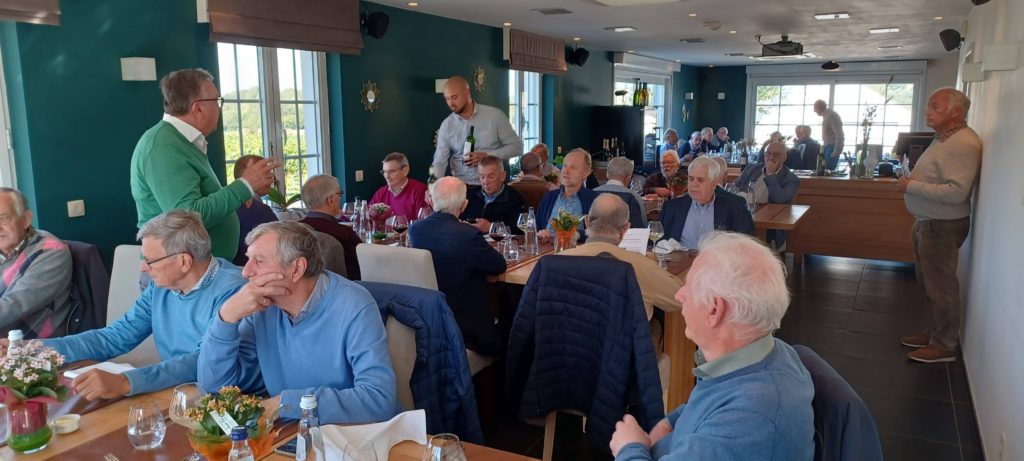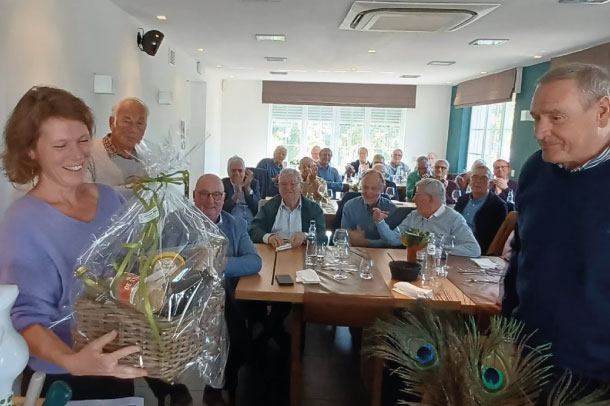Both the corona pandemic and the current war in Ukraine have revived the debate on food security and the vulnerability of the food system. The food debate concerns everyone, as we all make food choices several times a day. There is a growing awareness in society on the need for moving towards more sustainable food systems. But many consumers get lost in translating this concern into coherent food choices as they are confronted with diverse reflections. What is sustainable food? What is my environmental footprint? Can I still eat meat, or should we all become vegans? Is it better to buy from a local farmer than to buy fruits and vegetables in the food industry?
Indeed, the food system is complex and hence unfortunately, the answers to these questions are often not straightforward. However, much research has been done that can guide consumers to make choices that reflect their concerns.
The COCOREADO consortium wants to bridge the gap between food producers and consumers as well as between researchers and citizens. In that sense, we embrace the dialogue with different actors in society.
COCOREADO puts youngsters in rural areas of Europe at the core of the project. But the consortium also invests in the dialogue with other groups in society, including for example elderly. They have experienced how the food system in Europe has changed over the last decades. They have for example witnessed how food supplies in our supermarkets have diversified and how farming has become more mechanized. In their childhood, almost every school class counted a number of farmers’ suns and daughters. And in contract to most children today, the majority of our elderly still know the difference between arable crops that we grow in Flanders.
Project coordinator of COCOREADO Tessa Avermaete presented this week for a group of De Koperen Passer, elder men, with a very young mindset and eager to contribute to a dialogue on food and farming. They first had a visit to a local chicory farm Bruyninckx Chiconnettes, and learned about how this local top product is produced. The farm is managed like a factory, employing over 40 people, most of them Romanians. After this field trip, they had dinner at De Hagelander, a restaurant that is located next to a historical vineyard. In summary, good food and tasty drinks preceded this COCOREADO presentation.
Tessa provided an overview of the global challenges in terms of food security, emphasizing the role of agriculture in making our food systems more sustainable. We zoomed into the situation in Flanders, both on food production and on food consumption. Flanders is a top regions for agriculture, though at the same time, the farming sector is under pressure. This holds especially for the intensive livestock production. On the side of the consumer, we see a growing concern on sustainability and consumers being ‘lost in the jungle of food labels’. The key message for the audience was unambiguous: if you want to contribute to a more sustainable food system, eat healthy.
“It is a joy to share experiences and thoughts on food and farming and, discussing about all aspects that contribute or jeopardize the transition towards a more sustainable food system. And sure, it helps if such dialogues go together with some nice foods and drinks in a wonderful setting.”
4 October 2022 Rillaar, Belgium. Presentation by Tessa Avermaete (COCOREADO) for De Koperen Passer




